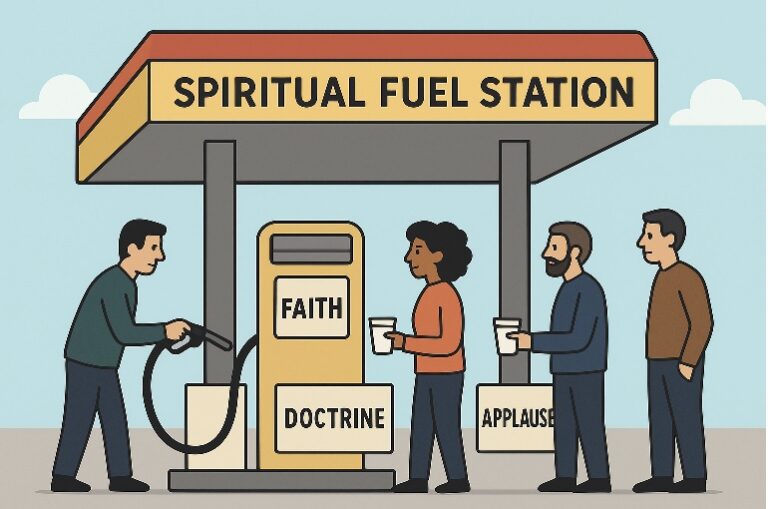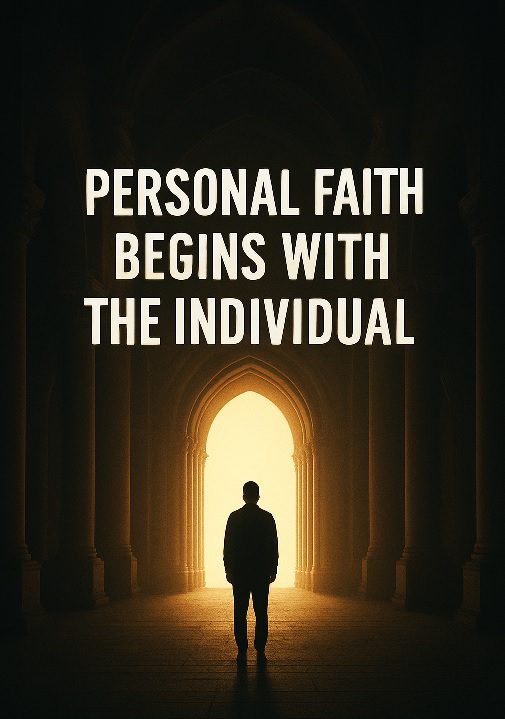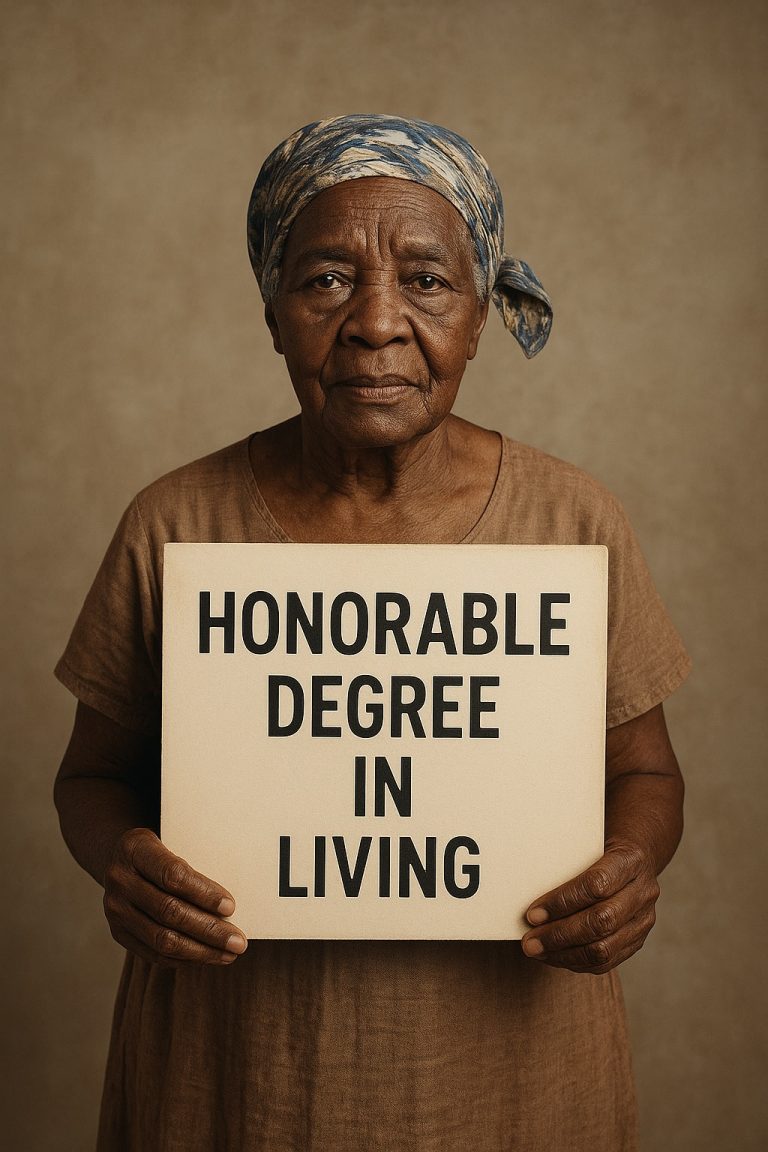The Folly of Chasing Money: When Success Becomes a Spiritual Trap-Dubai Porta Potty
Money is supposed to be a tool — a way to exchange value, provide comfort, and maybe even do some good in the world. But sometimes, money becomes a microscope — and under it, the ugliest corners of the human soul are magnified, illuminated, and auctioned off to the highest bidder.
Recently, the Dubai Porta Potty scandal reminded us just how far wealth can twist human morality. A BBC exposé revealed a disturbing underworld where men pay obscene sums for acts so grotesque they make you question if civilization has truly evolved. Young women, many from Africa, are lured with promises of riches, only to find themselves in a world where dignity is negotiable and degradation is a commodity.

Yes — people are literally paying to urinate or defecate on others. Some even call it “luxury entertainment.” If that’s not a sign of moral bankruptcy, I don’t know what is. And this isn’t isolated. Look at Jeffrey Epstein’s private island, Prince Andrew’s royal scandal, R. Kelly’s crimes, or P. Diddy’s alleged wild parties. Money doesn’t just buy pleasure — it rents reality and deletes consequences.
The richer one gets, the stranger the moral compass becomes. for some. Wealth, without restraint, becomes spiritual anesthesia.
Meanwhile, elsewhere in our interconnected planet, global inequality is stark. Kevin Carter’s Pulitzer-winning photograph, The Vulture and the Little Girl (1993), captured a frail child — erroneously thought to be a girl at the time — collapsing in Sudan as a vulture waited nearby. The child was reportedly trying to reach a United Nations feeding centre about half a mile away and allegedly survived. This haunting image is a stark reminder of how extreme wealth and exploitation contrast with famine and survival struggles, highlighting the deep moral imbalance in our world.
The Corruption of Wealth and the Fall of Empires
From the Pharaohs to Wall Street, extreme wealth has always carried the same disease: the corruption of wealth. When people start to believe they are gods, they stop acting human. It’s what turned kings into tyrants, moguls into predators, and parties into moral graveyards.
Money itself isn’t evil — but unchecked, money acts like an amplifier. It can turn curiosity into perversion, success into arrogance, and opportunity into abuse. Look around: billionaires build islands, not hospitals; influencers sell virtue like it’s a limited-edition sneaker.
The Christian perspective on wealth was never “don’t be rich.” It was “don’t let riches own you.” Jesus didn’t condemn money; He warned that serving it leads to spiritual slavery. Because when money becomes your god, every act of kindness becomes a transaction, and every sin becomes a business model.
The Divine Test of Success
Maybe wealth is one of God’s trickiest exams — a divine test of success. He gives it, watches what you’ll do with it, and notes whether your gain glorifies Him or humiliates humanity.
When you use wealth to uplift, educate, heal, and inspire, you align your desires with God’s intentions. But when you use it to exploit, dominate, or dehumanize, God doesn’t always intervene immediately. He sometimes goes silent — the kind of silence that says, “Go ahead… let your own belief destroy you.”
It’s the same silence He gave King Mesha when he sacrificed his son for victory. Some lessons don’t need thunder; they need time. And when the music of excess fades, history becomes the judge.
Master Money Before It Masters You
Here’s the hard truth: money reveals character faster than poverty ever will.
So master your money — don’t let it master you. Build it slowly, honestly, and steadily. Money made through sweat tends to last; money made through shortcuts tends to vanish — often spectacularly.
Yet, in a world where “fast money” is the new religion, patience sounds like poverty. Marriages collapse at the first hint of financial struggle. “Influencers” monetize their bodies and call it empowerment. And society still praises the man on horseback — no matter how he got the horse.
But look at the aftermath: Hushpuppi, R. Kelly, Jeffrey Epstein, P. Diddy, fallen royals, crypto conmen, disgraced sports icons — all worshipped, then washed away by the same tide they rode. Each thought they were untouchable until the mirror cracked. The world calls it bad luck. I call it a divine audit — when Heaven quietly balances the moral legders.
A Call to Sanity
Maybe it’s time we redefine success. Not as wealth, fame, or followers, but as peace, purpose, and integrity. Because if your riches destroy your rest, your family, or your soul, that’s not prosperity — that’s spiritual bankruptcy. So work hard. Earn clean. Give back.
And remember: God doesn’t test you with poverty — sometimes, He loves to test with plenty in this time and age.





